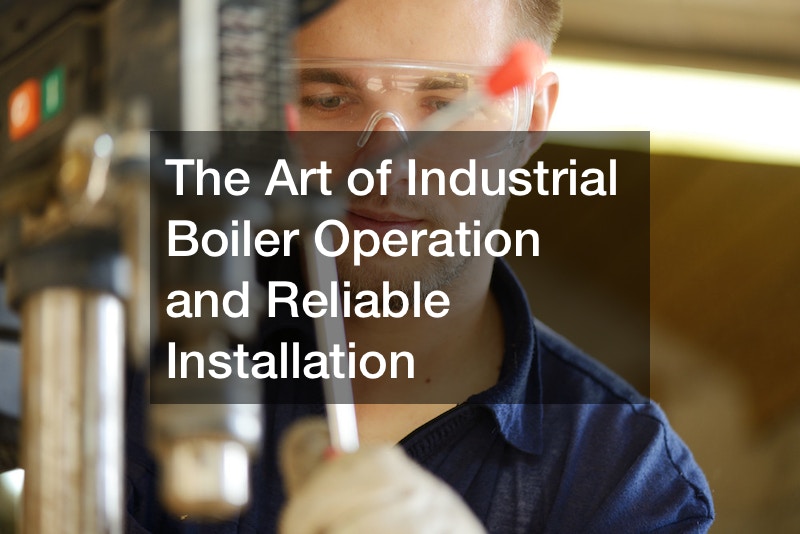In our daily lives, the importance of heat cannot be overstated. It warms our surroundings and cooks our food, making it a fundamental aspect of our routine activities. Water and steam, as heat carriers, boast environmental friendliness, with water’s boiling point at 100°C or 212°F under atmospheric pressure.
The concept of reliable boiler installation comes into play when considering the pressurization of the boiling system, akin to how pressure cookers operate. Creating an airtight seal raises the boiling point, expediting the cooking process.
Industrial boilers, designed with robust welded steel plates, can withstand pressures far exceeding those of a pressure cooker, ensuring safety and efficiency.
Industrial boilers serve the dual purpose of producing hot water for domestic or commercial heating and generating steam for various industrial applications. The significance of reliable boiler installation is evident here, as these systems must handle extreme pressures without compromise.
Two primary boiler types, fire-tube and water-tube, cater to diverse applications. Fire-tube boilers, cost-effective with a simple construction, are suitable for low to medium pressure scenarios. Meanwhile, water-tube boilers, though more thermally efficient, demand meticulous construction due to their complexity and are sensitive to water quality.
Understanding the mechanics of industrial boilers underscores the paramount importance of reliable installation. These vessels, akin to large-scale pressure cookers, utilize steam to efficiently drive turbines. Navigating boiler types highlights the crucial role of reliable installation for safety, longevity, and optimal performance in diverse industrial settings.
.


